Explain that this keyword combines location-specific intent with an actionable service — high commercial and transactional value. It targets users actively seeking service providers ready for hire.
What Patio Landscaping Contractors Do
Introduce the various services — hardscaping, design, material selection, installation. Describe how contractors guide clients from concept to finished patio, including permitting, grading, material sourcing, and finishing touches.
Benefits of Hiring a Patio Landscaping Contractor
Two paragraphs expanding on:
-
Professional quality and efficiency — contractors ensure structural integrity, proper drainage, and long-term durability.
-
Design expertise and customization — they translate your vision into functional layouts, blend materials (e.g., pavers, concrete, flagstone) for aesthetic appeal and seamless integration with your home.
Technology & Techniques They Use
Two paragraphs detailing technologies like:
-
3D design software for visualizing before construction.
-
Advanced leveling tools, laser-guided measurements, permeable paver systems for drainage, sustainable materials.
Explain how these improve precision, speed, reduce errors, and promote environmentally friendly outcomes.
Product Examples to Enhance Your Project
Below are five real-world products widely used by patio contractors to deliver top-quality results. (Each section begins with “Insert image of the product” as requested.)
Unilock Tandem Steel Patios
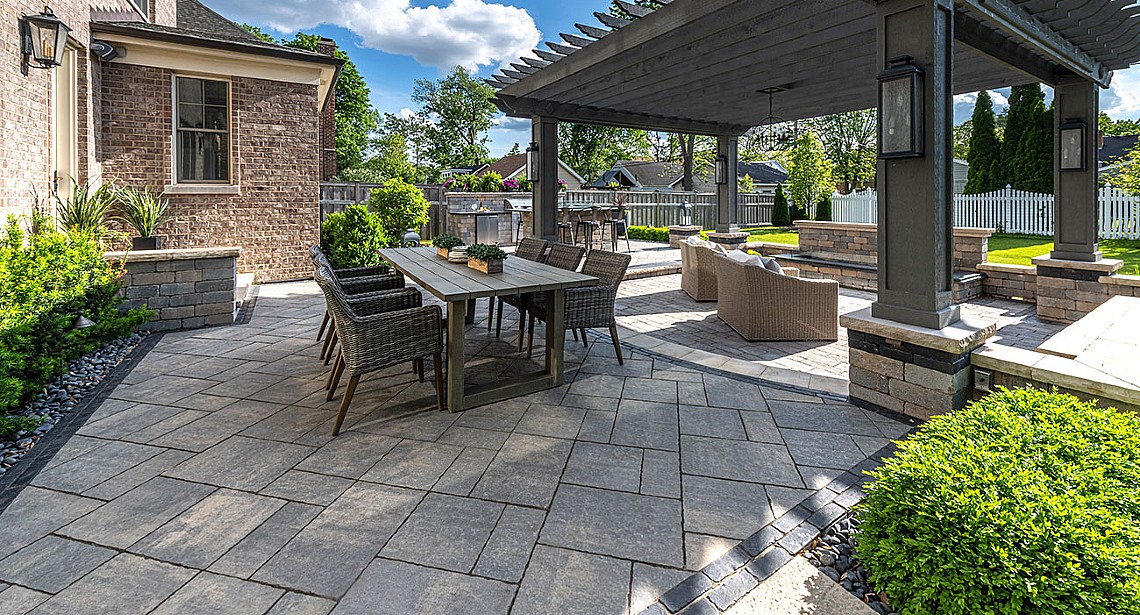
These modular, interlocking concrete pavers offer structural stability, a modern aesthetic, and are available in various colors. Contractors love them for ease of installation and durable finish. They solve problems like shifting and cracking under weight thanks to their tongue-and-groove locking system.
Belgard La Salle Paver Collection
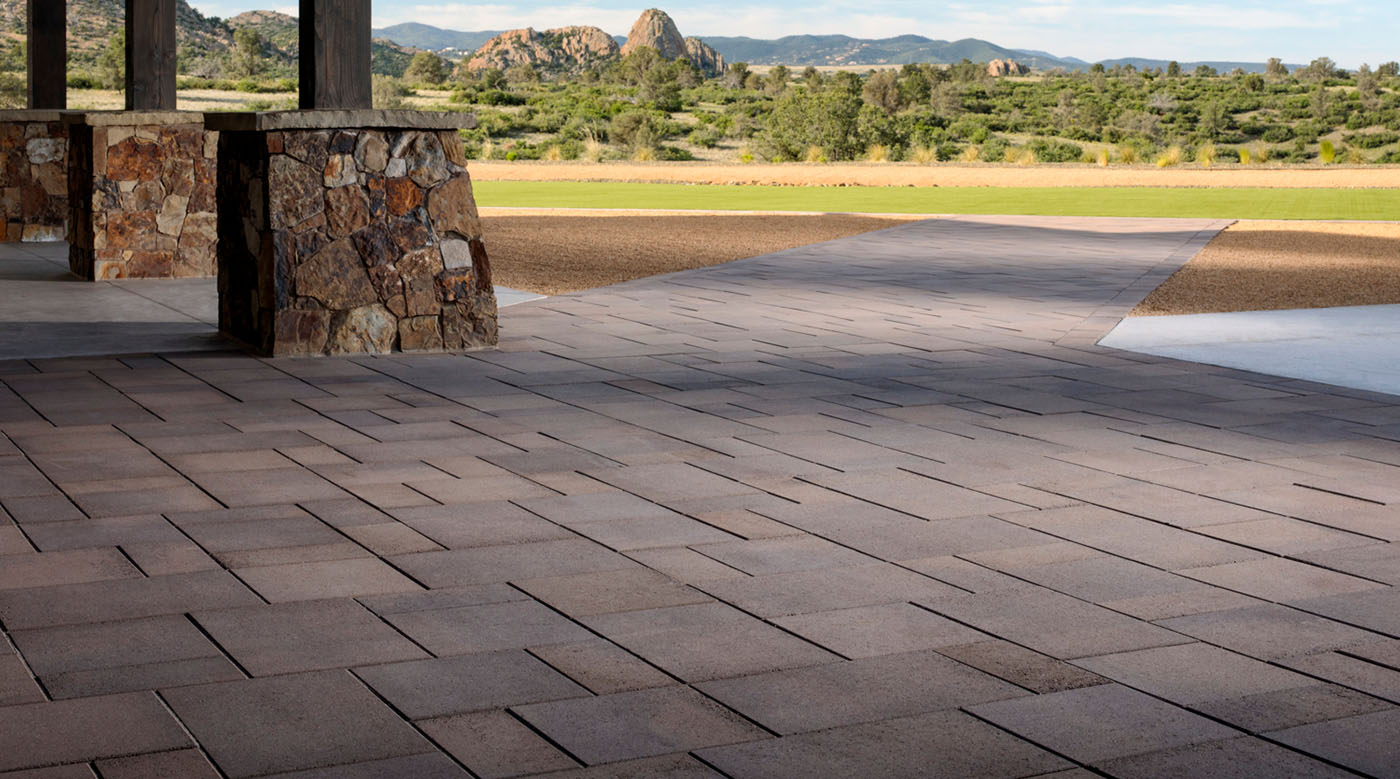
Antique-look, weathered-style pavers with rich color blends. Great for creating a time-worn, elegant patio. Solves the issue of modern patios looking too new or sterile—these instantly add character and charm.
Techniseal Ultra‑Bond Polymeric Joint Sand
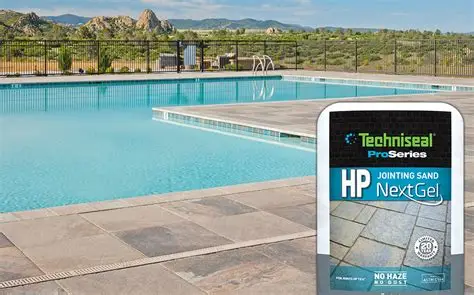
A premium sand that hardens with water to fill joints. Prevents weed growth, resists erosion, and keeps pavers in place. Contractors recommend it to improve strength and longevity of paved patios.
Laser Level Pro L360‑4DG Rotary Laser Level
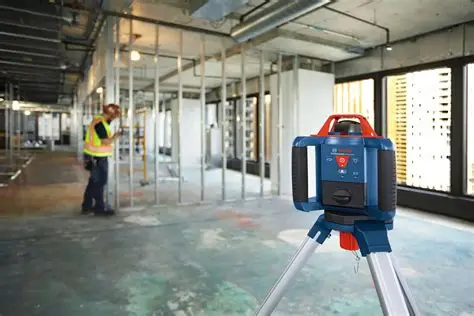
A high-precision laser level used to ensure patio surfaces are perfectly graded for drainage. Eliminates guesswork and helps prevent water pooling or incorrect slopes that could lead to damage.
Permablok Permeable Paver System
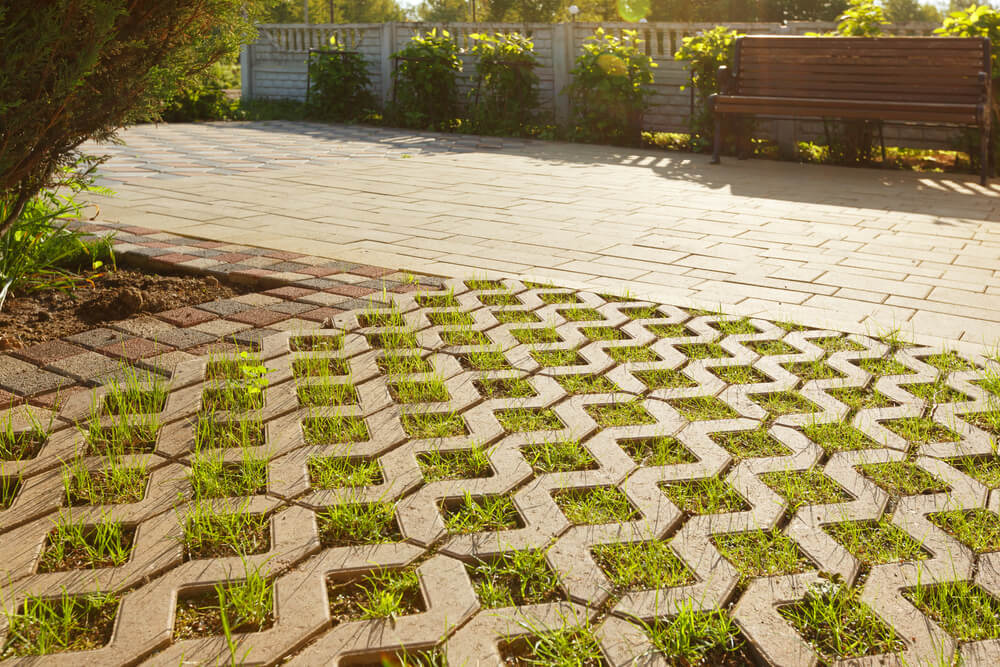
Permeable Pavers Houston
A permeable unit that allows water infiltration — ideal for environmentally conscious designs or areas requiring stormwater management. Solves runoff problems and meets green building standards.
Each product description spans two paragraphs, covering features, benefits, practical contractor use, issues solved, and why clients benefit from them.
Use Cases & Problem Solving
Illustrate real-life examples:
-
A homeowner struggling with drainage found relief with permeable pavers and proper slope—no more puddles.
-
Another wanted a rustic look; antiqued Belgard pavers transformed their space to look like decades old.
-
Clients concerned about weeds between joints now get low-maintenance, clean patios with polymeric sand.
Explain why each product matters — from aesthetic upgrade to long-term durability and less maintenance.
How and Where to Buy
Provide affiliate-style links styled as buttons. For example:
Where to Buy:
Explain steps: compare prices, review supplier ratings, check shipping/pickup options, and consult with contractor before purchasing quantities.
FAQ
FAQ 1: How do I choose the right contractor when searching “patio installation near me”?
Look for licensed and insured professionals, ask for portfolios, request written estimates, check reviews, and ensure they understand local codes and site conditions.
FAQ 2: What material is best for a long-lasting patio?
Concrete pavers and permeable systems are durable, low-maintenance, and handle weather changes well. Combined with polymeric sand and proper base preparation, they can last decades.
FAQ 3: Should I do it myself or hire a contractor?
DIY suits small, simple designs. But for structural stability, correct grading, material handling, and codes, hiring a contractor ensures quality, safety, and long-term value.

